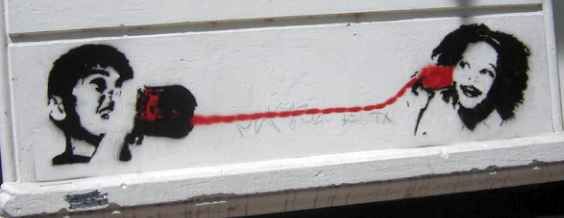E-governance and democracy--theory and practice

30th November 2007, Schools of Law and Management, Queen's University Belfast
This workshop will explore recent developments in e-democracy and e-government, and discuss the next steps in transforming government to improve citizens' engagement in governance. Drawing upon academic experts and practitioners at the forefront of developments it will mix theoretical perspectives with hands-on practice.
Morning session (talks)
10:00 - 13:00 School of Law, Rm. 101, 27 University Square
The first session will concentrate on presentations on what has been learned from research into different aspects of e-government and e-democracy and discussion of these findings.
- Parliamentary Information Systems, Open Access and Democracy
- Prof. Giovanni Sartor, Marie-Curie Professor of Legal Informatics and Legal Theory European University Institute and School of Law, Queen's University Belfast
- E-taxation: global perspectives
- Dr. Subhajit Basu, Queen's University Law School, author of Global Perspectives on E-Commerce Taxation Law (2007)
- E-consultation: from citizens to parliaments
- Dr. David Newman, Queen's University Management School
Chair: Prof. J. Morison, Queen's University Law School
13:00 - 14:00 Lunch will be provided.
Afternoon session (discussion)
14:00 - 16:30 Computer Lab, School of Management, 25 University Square
Electronic brainstorming and discussion sessions: top-down and bottom-up consultations.
This is a hands-on session involving all participants, who will be using [WebIQ], which supports group decision-making processes. It requires no prior expertise in IT.
- Top-down, the ideal 21st century parliament/assembly/council
- Up to now the Westminster, Scottish and Irish parliaments have taken small steps, running pilots in on-line engagement of citizens in parliamentary processes. Let's try to imagine a transformed parliament, making full use of different procedures and technologies to improve the ways they communicate with the people, legislate and control the executive. What might a 21st century parliament look like?
- Bottom-up, engaging local people in local issues, in both virtual and physical worlds
- Increasingly governments, local authorities and agencies are being asked to consult better with citizens, in neighbourhood forums and other situations, so that they can better satisfy their customers/citizens/voters, delivering the right services, at the right quality and cost. At the same time, more and more people are expressing themselves online, through user-generated content in blogs, Bebo, Facebook, Flickr and YouTube. The theme for this part of the workshop is how we can bring these two worlds together.
This session will be informed by short accounts of actual practice in the Oireachtas, (see [www.econsultation.ie]), Belfast City Council and the cross-border E-Consultation Research Project ([www.e-consultation.org]). By the end of the afternoon we will have explored how best to engage local people in local issues, in both virtual and physical worlds, and have some suggestions for further piloting.
To assist with catering and organization of IT facilities please inform Deaglan Coyle in the School of Law, <d.p.coyle@qub.ac.uk>, if you plan to attend.